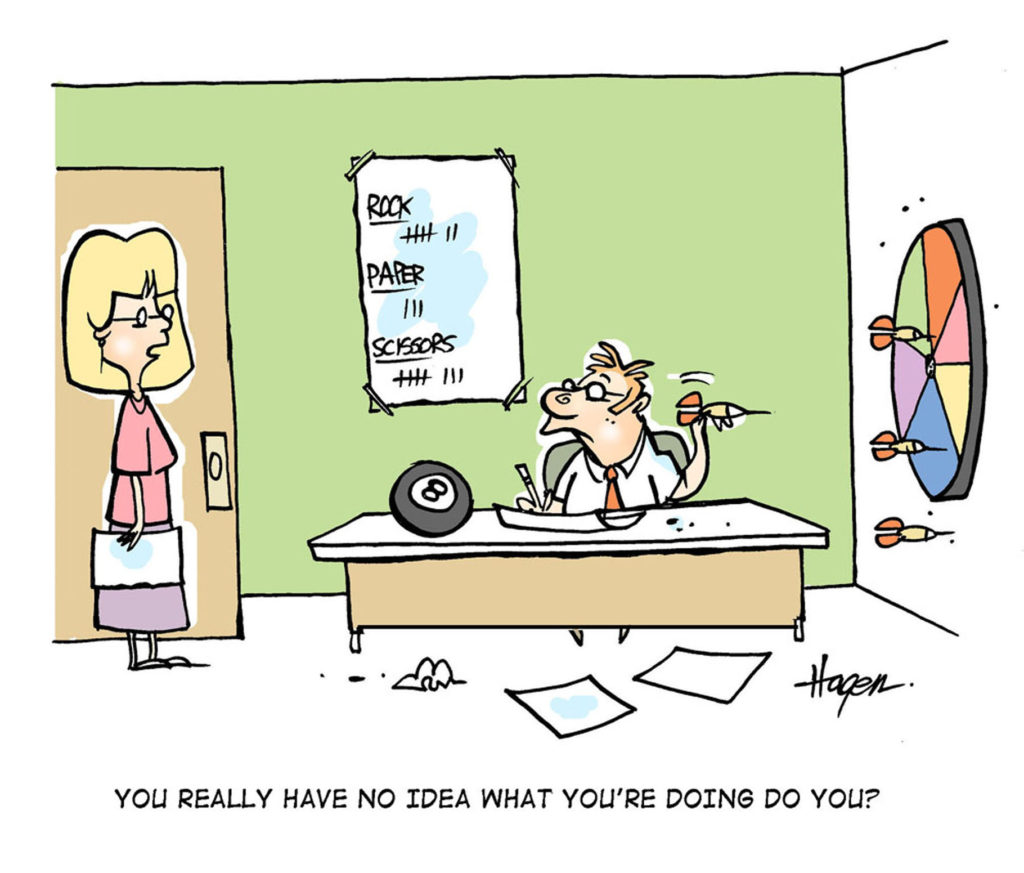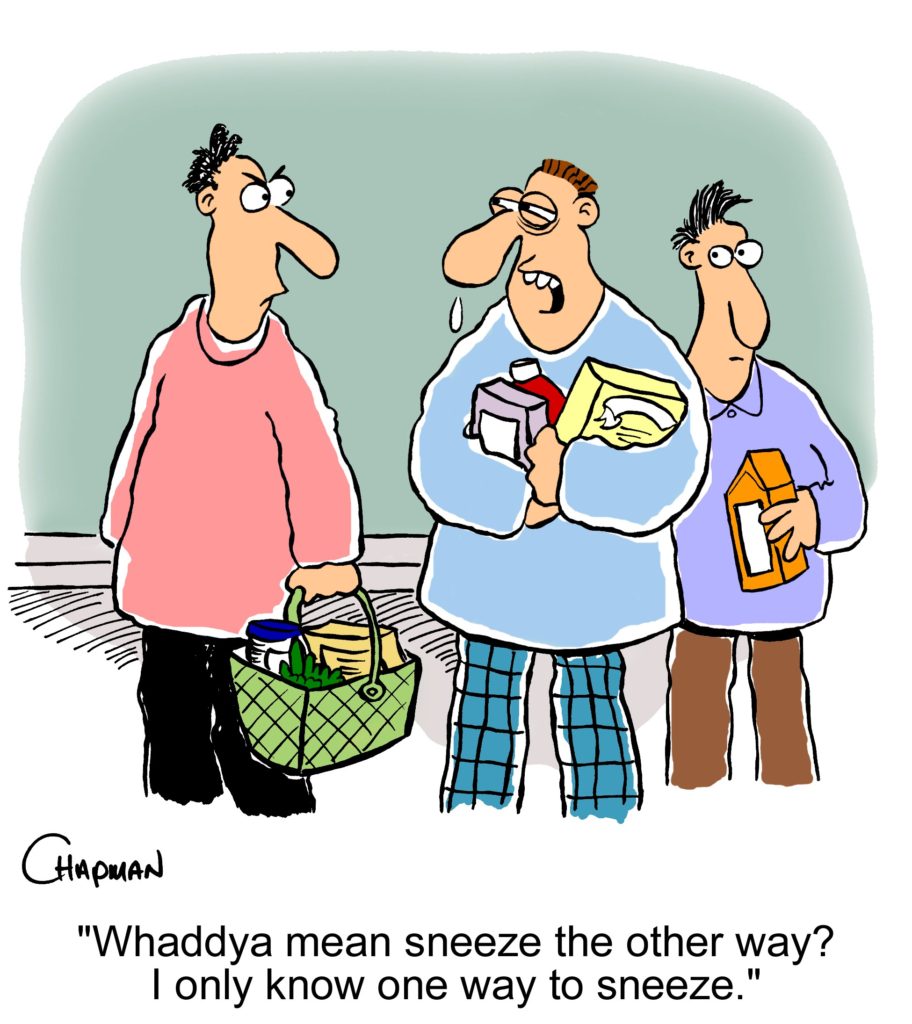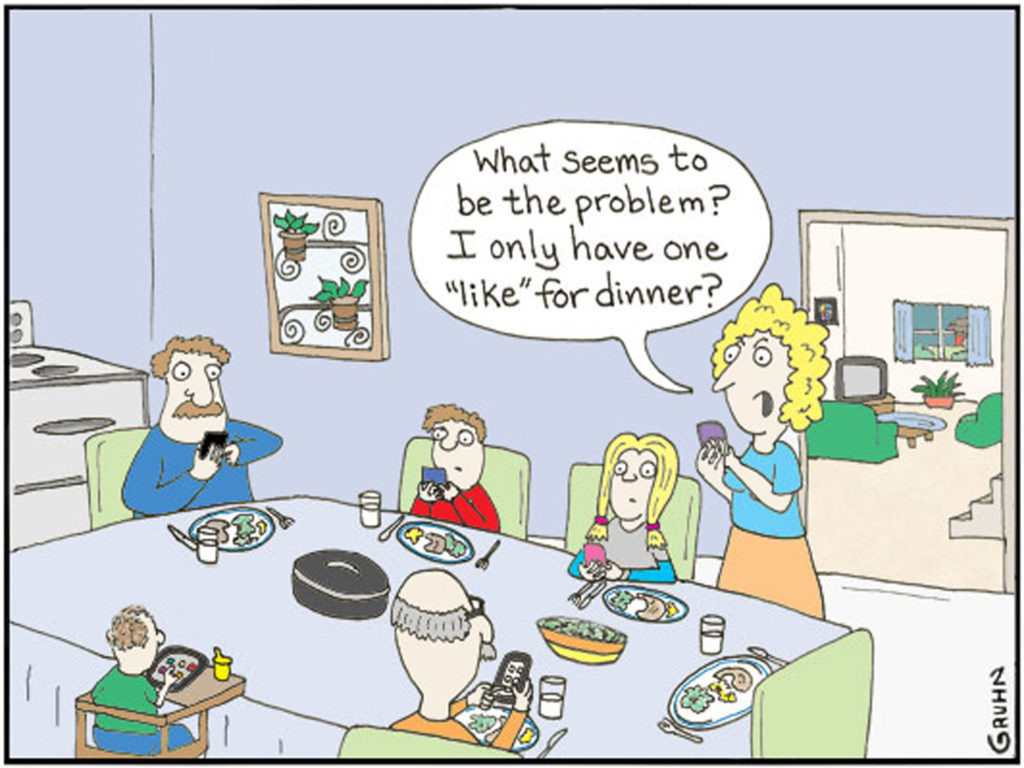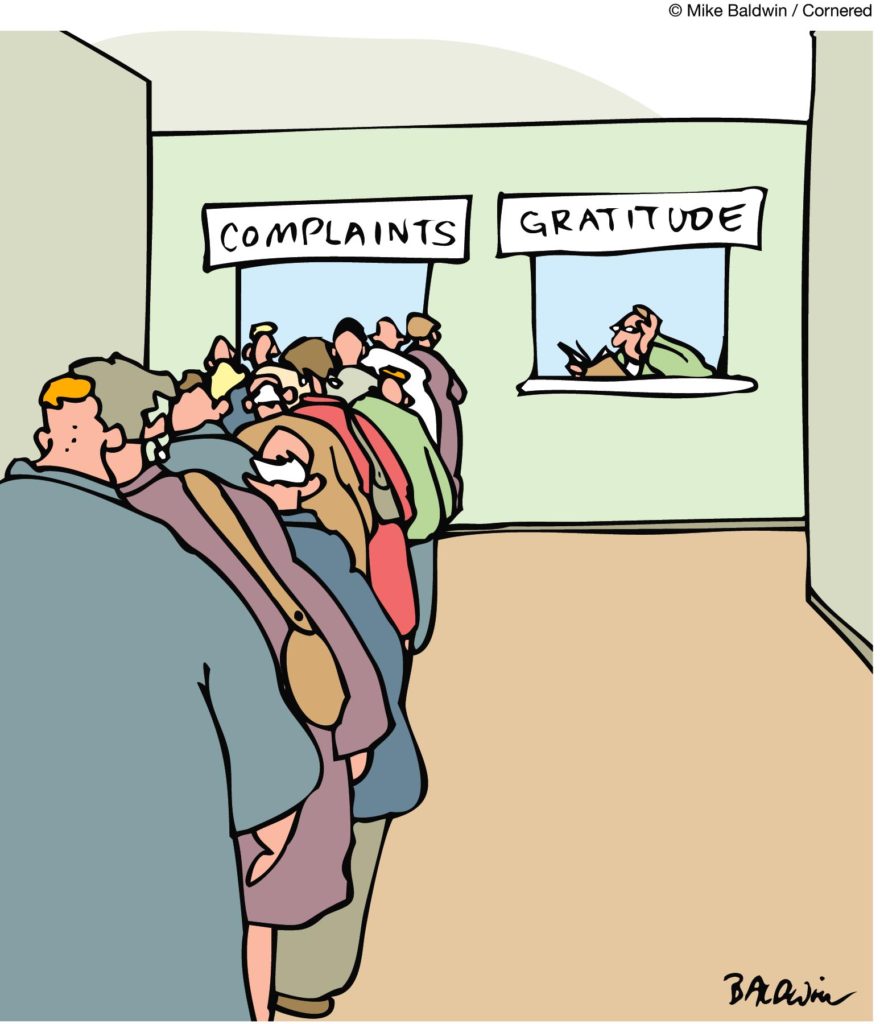 In his must-read book, What Intelligence Tests Miss, Keith Stanovich shares this insightful information.
In his must-read book, What Intelligence Tests Miss, Keith Stanovich shares this insightful information.
“Researchers Johnson and Goldstein found that 85.9 percent of individuals in Sweden had agreed to be organ donors. However, the rate in the United Kingdom was only 17.2 percent. What is the difference between the Swedes and the British that accounts for such a large gap in their attitudes about organ donation?
“The difference had nothing to do with internal psychological opinions. The difference is in the form of a particular public policy. In Sweden (and others countries like Belgium, France, and Poland) the default policy is that everyone will be an organ donor – one must take action to opt out. In the United Kingdom (and other countries like the United States, German, and Denmark) the default policy is that no one will be a donor – one must take action to opt in.
“In both scenarios, people have a choice as to whether or not they will donate; free will is not being denied. The difference is simply in how the original proposition is structured.
“Interestingly, Johnson and Goldstein discovered that roughly 80 percent of all people prefer to be organ donors. The actual number of donors is determined simply by how they are approached.” (page 203)
Here are some examples of how carefully framed options could benefit individuals and society.
- Believe it or not, some people turn down their employer’s offer to match contributions to their 401k retirement account. Organizations could make employee contributions the default setting, requiring individuals to opt out if they don’t want to participate. (Social Security is a similar plan, except for the fact that individuals cannot opt out.)
- Some states have a vaccine immunization requirement for children. Parents must opt out if they do not want their children to be vaccinated. (Why would any parent resist medical care for their children?)
- Most software updates are automatically sent to users, who then have the choice to download or not download.
- Some makeup companies are adding sunblock to their products. If consumers don’t want that added benefit, they can choose not to buy the product.
Use this powerful tool: frame carefully and take advantage of default settings.
[reminder]What are your thoughts about this essay?[/reminder]

 Friends and good manners will carry you where money won’t go. Margaret Walker
Friends and good manners will carry you where money won’t go. Margaret Walker Sobremesa – (n) the time spent around the table after lunch or dinner, talking to the people you shared the meal with; time to digest and savor both food and friendship.
Sobremesa – (n) the time spent around the table after lunch or dinner, talking to the people you shared the meal with; time to digest and savor both food and friendship. Thanksgiving is a natural response to life and may be the only way to savor it. Douglas Abrams
Thanksgiving is a natural response to life and may be the only way to savor it. Douglas Abrams